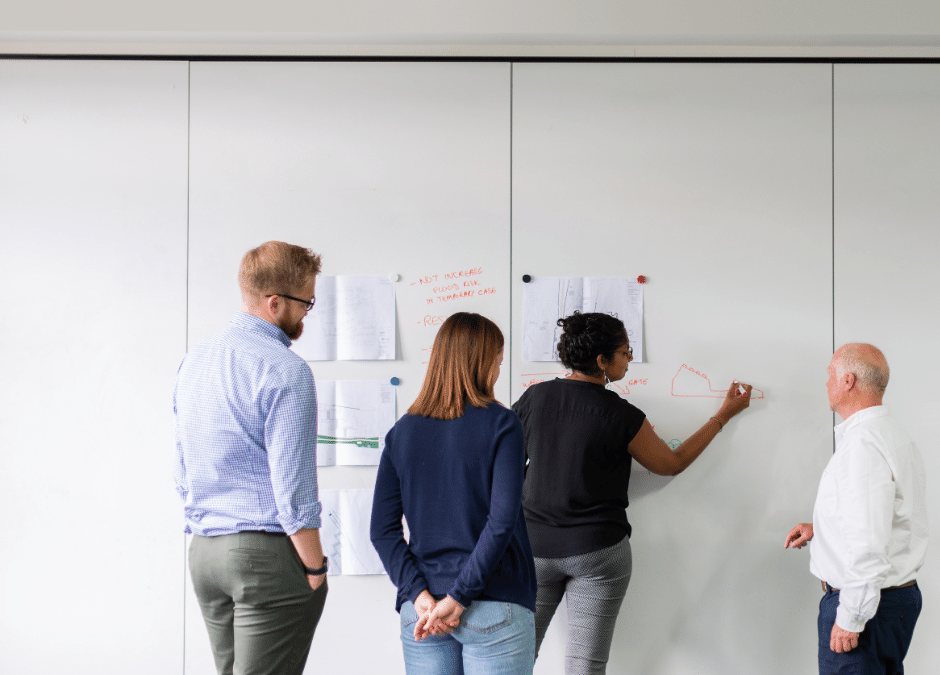With just ten years to meet the UN Sustainable Development Goals, international branches of Engineers Without Borders, including Engineers Without Borders Australia, are uniting to call for a professional engineering competencies reform. The organisations are united in presenting a draft submission on proposed updates to the global benchmarks for engineering graduate attributes and professional competencies.
The International Engineering Alliance (IEA) holds these valuable international benchmarks for engineering education, and the World Federation of Engineering Organisations (WFEO) has been facilitating the consultation process. Any changes to these benchmarks filter down from the international level into national-level frameworks, such as the Engineers Australia Stage 1 and 2 competencies.
Proposed Changes
The proposed changes as they stand represent an encouraging step forward. They contain an explicit recognition of the roles of engineers in achieving the UN Sustainable Development Goals as well as a need for engineers to ensure the processes and outcomes of their work are genuinely inclusive. We still believe that to do this well, the sector and engineers themselves need to critically reflect on the role of engineering, opening and expanding the narrow view of engineering – one where its impact on the planet is minimised. Societal and ethical issues are often overlooked, leaving room for solutions that further consume planetary resources at an unsustainable rate, and don’t consider the needs of all people, to continue.
Social and Technical Skills
Through these proposed changes, WFEO and IEA have chosen to elevate a number of skills that EWB has been seeking to support through our education and training programs for over a decade, with skills such as critical enquiry, empathy, and collaboration increasingly recognised as core engineering skills needed at the highest level.
This is a noteworthy nod to our approach, which we have pioneered over the past seventeen years. Widely known as ‘Humanitarian Engineering’, this human-centred approach is grounded in our observation that the future-fit engineers needed to solve complex global problems have equal social and technical expertise. At EWB we have fostered this approach, role-modelling it to our 600+ volunteers across the country, and 11,000 students who annually pass through our engineering education programs (two-thirds of the first-year cohort for the whole of Australia every year).
“It’s wonderful to see the competencies that EWB Australia has been supporting engineers build for years, now being recognised as core engineering skills at the international level,” says Eleanor Loudon, CEO, EWB Australia.
“These changes explicitly acknowledge the critical role all engineers can and must play in achieving the UN Sustainable Development Goals, regardless of the country they work in. The process of responding to the WFEO call for input has led to great collaboration between EWBs around the globe as we responded directly to the framework and then wrote an open letter together, celebrating the proposed changes while producing a shared vision for engineering. The process has formed a strong foundation for continued alignment globally and shared activity and learning, as we support our respective engineering sectors to take a leadership role in creating a world where technology benefits all.“
The coalition of EWB’s including Engineers Without Borders International, Australia, UK Canada and its research offshoot Engineering Change Lab, Brazil, India, the Netherlands, the Philippines, and USA, are calling for three core competencies to be universally incorporated into the benchmark values. They are:
- Emphasis on critical thinking as a fundamental cornerstone of engineering competence – critically analysing and critiquing the role of engineering, its relationship with humanity, and its impact on our past and potential futures.
- Deeper comprehension of the ethical issues inherent in engineering due to the relationship between engineering, people and the planet, and greater focus on developing the skills necessary to navigate these complex issues.
- Broader appreciation for the knowledge needed to make effective engineering judgements, including explicitly acknowledging the value of the social sciences in helping engineers understand the implications of their work.
Watch this space as we work with our EWB friends from around the world to ensure engineering is beneficial for all.


